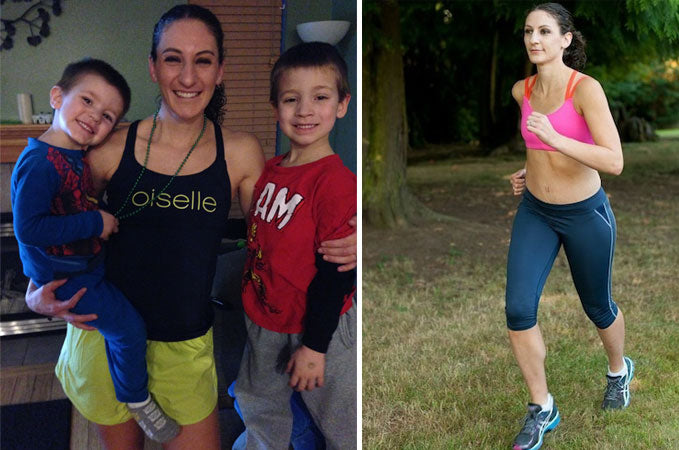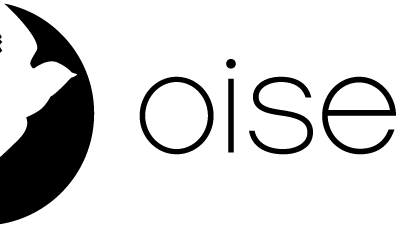Guest Blog | Laura Hunter
Laura Hunter is a Registered Dietitian Nutritionist with a special love for athletics. As former University of Washington distance runner, Laura understands hard training and passion for competition at all levels. As a dietitian, Laura loves using whole foods as the perfect fuel for training and a happy life. Check out www.laurahunternutrition.com for more information or follow her on Facebook!
This blog post is coming to you as I am recovering from my first of 3 doses of intravenous (IV) iron due to very low ferritin and anemia. As a dietitian, lifelong athlete and a relatively young and energetic person, I am surprised and humbled at how bad I felt before looking into a medical reason for my fatigue. I vaguely remember being anemic early on during my college athletic career and mildly anemic with pregnancies, but my current labs are much more concerning than ever before. As I have gone through this process, I have reviewed how I have felt over the last 6 months.
- In April, I raced poorly because my aunt died the week before and I hadn’t slept much….
- My workouts haven’t progressed because I am tired from working too much…(not a bad problem to have when you are a business owner)
- This afternoon coffee has become essential, not just an afternoon treat…
- Someone just said I’m pale… Better find some blush…
- Walking up the stairs is so hard…
Looking back, these were all signs of my body telling me something was wrong. I have been dealing heavy periods since the return of menstruation post baby #2, avoiding red meat due to a bad interaction during my first trimester with my first child, and not being as diligent with vitamin pills since I am no longer nursing. This is a recipe for anemia...And I fell right into it. When I did finally go to my doctor, she quickly ran the necessary tests and called me the next day with the plan...IV iron replacement, more food sources of iron as well as oral supplements after the IVs are complete, and some form of hormonal control for the bleeding.

Why is iron so important? Iron is a critical component of red blood cells which carry oxygen to the blood. Without oxygen, endurance exercise is much more challenging. My biggest challenge came with intervals and hills. Interval #1 I had no trouble hitting the time...Interval #2 on, not so much. I felt the same way in races. And throw a hill into either situation and I was spent. But alas, no one can keep an Oiselle girl down for long! As I am recovering, here are some tips to prevent you from dealing with the same issues:
- Get your iron tested regularly. Especially if your performances are not matching what you think they should. For many of us, that means actually making a doctor’s appointment. And when you do get labs, ask to get a ferritin drawn, not just the basic screening labs of hemoglobin and hematocrit. My basic labs were in the normal range, but my ferritin very low.
- Eat iron! Over the past month, I have re-established my love for red meat! When I was in college, eating red meat regularly was the only thing that ever consistently kept my iron up and once again I am trying it. My favorite meal currently is when my husband grills filet mignon! If you have trouble with the texture or toughness with beef (like flank or sirloin), spring for the filet….. Seriously! You will thank me later.
- Look for everyday ways to get iron in your system: lentils, beans, dark leafy greens, egg yolks, dried fruits, fortified cereals, ect.
- Combine your iron foods with vitamin C foods. Fruits and vegetables will do great.
- Separate your iron. Food or suuplement, separate from calcium foods or coffee/tea. These foods effect the absorption.
- Invest in a cast iron skillet. It adds iron to your foods while you cook.
- Consider a supplement. I think ferrous sulfate or ferrous gluconate work best. Be sure to increase your dose slowly because it can have some gastrointestinal side effects such as constipation and nausea. Many people recommend taking it at bedtime to sleep through the effects, but I preferred to take it around lunch because I often enjoy a cup of tea in the evenings.
- Increase your fiber intake (separate from the supplement). This is important if you get constipated. I like using chia seeds in my breakfast to add some beneficial omega 3 fats along with the fiber.
I hope this helps you! Happy iron-rich running!









